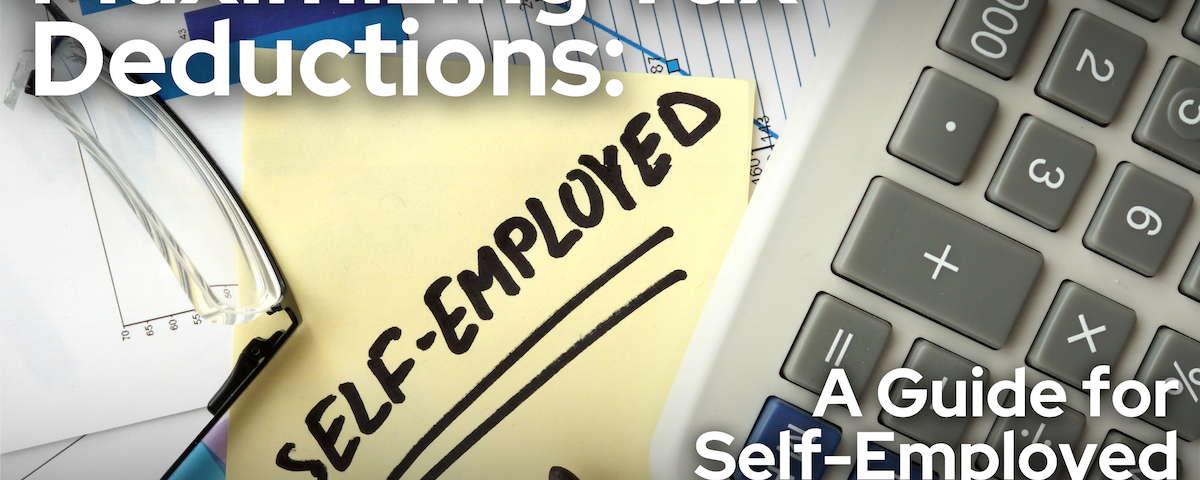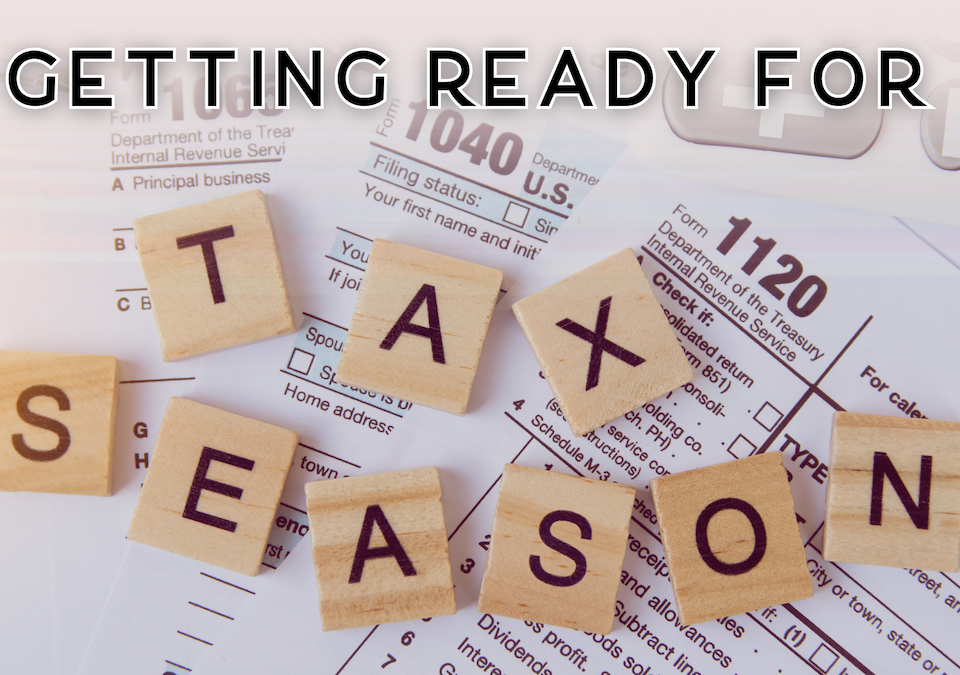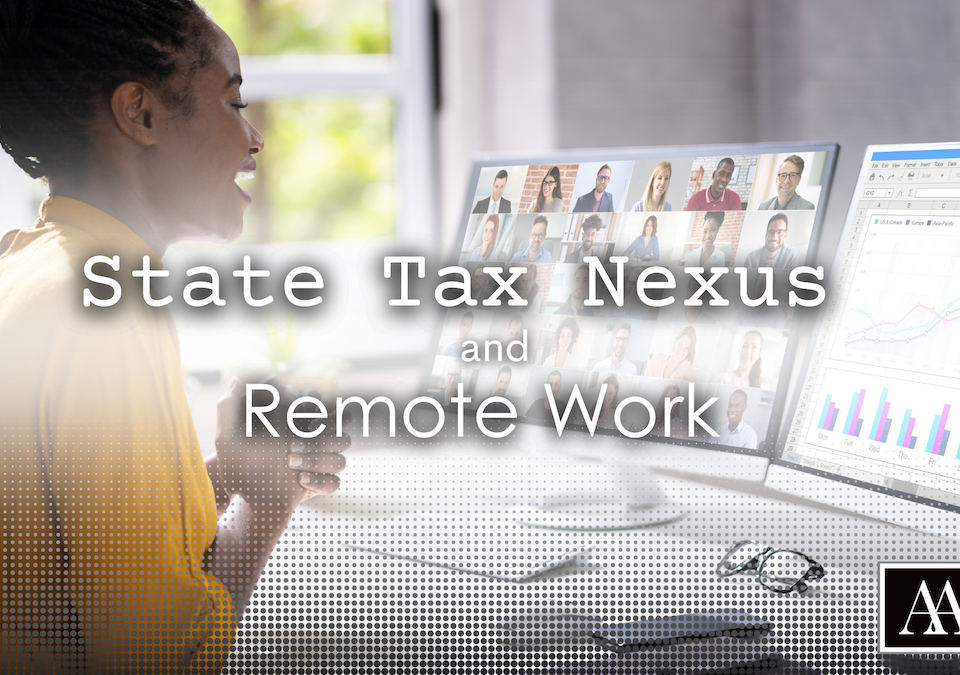- PHONE: 706.288.2000
- FAX : 706.288.2001
Maximizing Tax Deductions: A Guide for Self-Employed Individuals

Prepare for Tax Season
January 31, 2024
Safeguarding Your Personal Data
March 28, 2024As tax season approaches, maximizing tax deductions is essential for self-employed individuals. Understanding these numerous deductions can significantly reduce taxable income and ultimately save you money.
Maximizing Tax Deductions and Common Expenses for Self-Employed Individuals
- Home Office Deduction: The most overlooked and least used of the common expense deductions. If you use a portion of your home exclusively for business, you may be eligible to deduct expenses related to that space, such as rent, mortgage interest, utilities, and maintenance.
- Phone and Internet Costs: Expenses for phone and internet services necessary for your business operations can be deductible.
- Advertising: Costs associated with advertising and promoting your business, including website expenses, are deductible.
- Health Insurance: Self-employed individuals can deduct premiums for medical, dental, and long-term care insurance for themselves, their spouse, and dependents.
- Business Insurance: Premiums paid for business insurance, such as liability or property insurance, are deductible.
- Education and Training: Expenses for education and training that improve or maintain skills relevant to your business can be deductible.
- Meals and Entertainment: While subject to certain limitations, expenses for business-related meals and entertainment can be partially deductible.
- Travel: Costs for business-related travel, including airfare, lodging, and transportation, are deductible.
- Startup Costs: Expenses incurred when starting a new business, such as market research or legal fees, may be deductible up to a certain limit.
- Depreciation: Depreciation allows you to deduct the cost of business assets over time, such as equipment or machinery.
- Auto Expenses: Expenses related to the business use of your vehicle, such as mileage, fuel, and maintenance, can be deductible.
- Business Supplies: Costs for supplies necessary for your business operations, such as stationery or software, are deductible.
Maximizing Tax Deductions for Less Common Business Expenses
While the expenses mentioned earlier are common in most businesses, there are several less frequently encountered expenses. These include:
- Business-specific taxes and licenses, such as those required in the food industry, and FICA taxes.
- Fees or commissions paid to non-employees for generating revenue, including payments to agents and designers.
- Payments for services from independent contractors, such as web developers, marketing consultants, or copywriters.
- Costs related to legal and professional services tailored to business needs, including tax preparation, accounting, legal counsel, and other specialized services.
- Compensation for employees, which encompasses salaries, commissions, and bonuses.
- Expenses related to employee benefits programs, covering health insurance, life insurance, accident insurance, and educational initiatives.
- Contributions to pension and retirement plans, including 401(k) plans, profit-sharing arrangements, and Keogh plans.
- Depletion expenses for natural resources, applicable to businesses involved with natural gas, oil wells, and timber.
- Interest paid on mortgages for business properties (excluding personal home mortgages).
- Utility expenses for the business premises, such as electricity, water, gas, and waste disposal.
- Interest expenses for business-related debts, including the business portion of credit card interest, lines of credit, and interest on vehicles used for business.
- Payments for renting or leasing equipment, machinery, and vehicles not owned by the business.
- Rent and lease expenses for other assets not owned by the business, like office buildings, land, and related government taxes.
- Maintenance and repair costs for business premises, equipment, and machinery, including computers, laptops, and office appliances.
By taking advantage of these common tax deductions, self-employed individuals can minimize their tax liability and keep more of their hard-earned money. However, it’s essential to keep detailed records and consult with our team of experts and Anderson, Adkins & Company to ensure compliance with tax laws and regulations.




